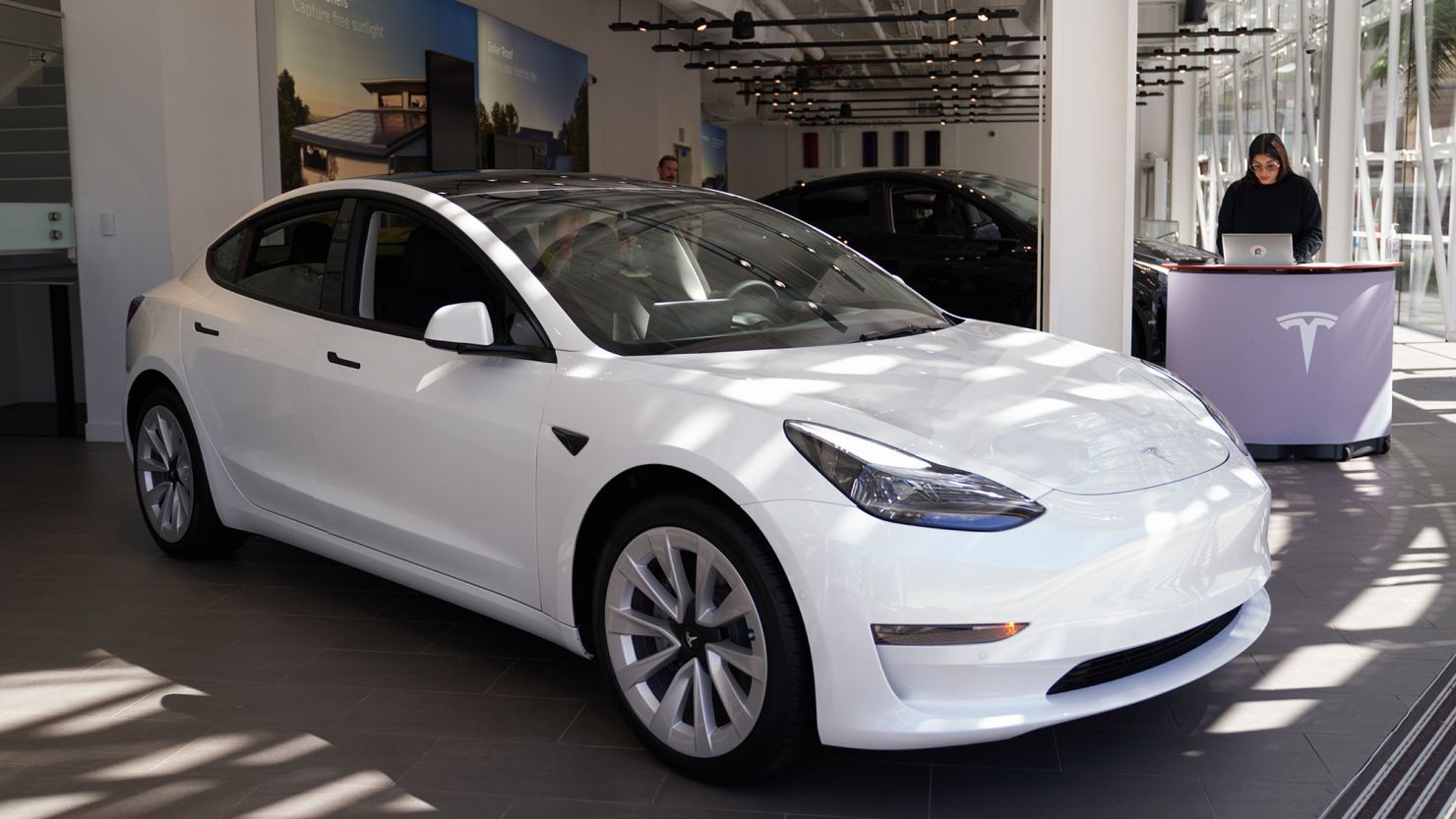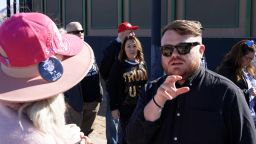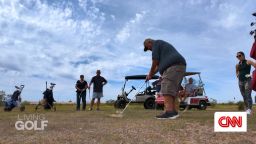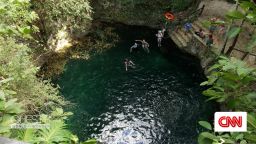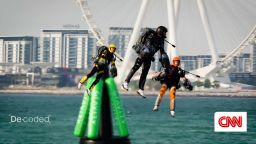Tesla is recalling nearly all 2 million of its cars on US roads to limit the use of its Autopilot feature following a two-year probe by US safety regulators of roughly 1,000 crashes in which the feature was engaged.
The limitations on Autopilot serve as a blow to Tesla’s efforts to market its vehicles to buyers willing to pay extra to have their cars do the driving for them.
The National Highway Traffic Safety Administration said the Autopilot system can give drivers a false sense of security and be easily misused in certain dangerous situations when a Tesla’s technology may be unable to safely navigate the road. The over-the-air software update will give Tesla drivers more warnings when they are not paying attention to the road while the Autopilot’s “Autosteer” function is turned on. Those notifications will remind drivers to keep their hands on the wheel and pay attention to the road, according to a statement from NHTSA.
After the recall, Teslas with Autosteer turned on will more routinely check on the driver’s attention level – and may disengage the feature – when the software determines the driver isn’t paying attention, when the car is approaching traffic controls, or when it’s off the highway when Autosteer alone isn’t sufficient to drive the car.
The recall was disclosed in a letter to Tesla posted by NHTSA, which said that Tesla had agreed to the software update starting on Tuesday that will limit the use of the Autosteer feature if a driver repeatedly fails to demonstrate he or she is ready to resume control of the car while the feature is on.
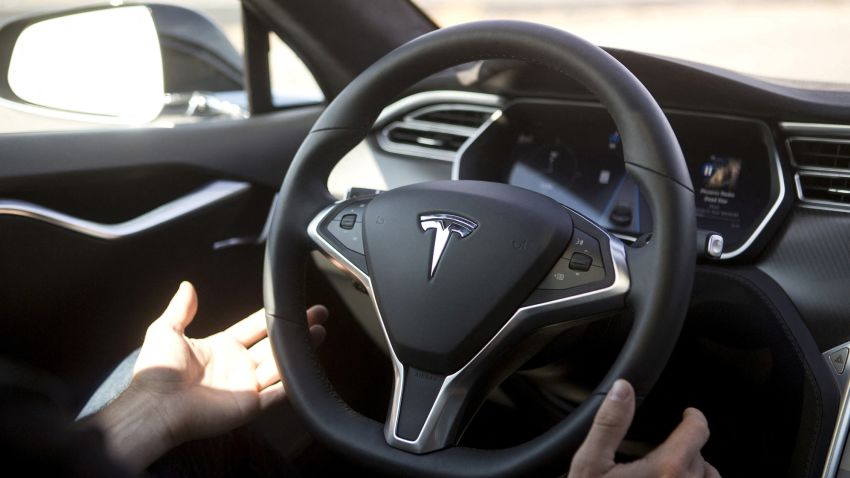
Tesla has been pushing its driver-assist features, including Autopilot and what it calls “Full Self Driving,” which Tesla has insisted make driving safer than cars operated exclusively by humans. But NHTSA has been studying reports of accidents involving Autopilot and its Autosteer function for more than two years.
The recall comes two days after a detailed investigation was published by the Washington Post that found at least eight serious accidents, including some fatalities, in which the the Autopilot feature should not have been engaged in the first place.
Tesla’s owners manuals say: “Autosteer is intended for use only on highways and limited-access roads with a fully attentive driver.” But the company has pushed the idea that its driver assist features allow the cars to safely make most driving decisions even away from those roads.
A NHTSA investigation, however, has found numerous accidents over the past several years that suggest that these features do not live up to their names of Autopilot and Full Self Driving.
The safety regulator in its letter to Tesla said “in certain circumstances when Autosteer is engaged, the prominence and scope of the feature’s controls may not be sufficient to prevent driver misuse [of the feature.]” It said that when drivers are not fully engaged and ready to take control of the car “there may be an increased risk of a crash.”
In addition to the software updates, Tesla will mail letters to car owners notifying them of the change.
A history of Autopilot issues
This is not the first time that NHTSA has pushed Tesla to make changes to its Autopilot or Full Self Driving features after finding the features posed safety problems.
In February, Tesla recalled all 363,000 US vehicles then on the road with its FSD feature after finding cars operating with the feature would violate traffic laws, including “traveling straight through an intersection while in a turn-only lane, entering a stop sign-controlled intersection without coming to a complete stop, or proceeding into an intersection during a steady yellow traffic signal without due caution.”
And NHTSA and the National Transportation Safety Board have been investigating crashes involving Tesla vehicles using the various driver assist features, including a series of crashes into emergency vehicles on the scene of other accidents.
Tesla is not the only automaker offering driver assist features marketed as “self-driving.” And it is not the only one to run into safety problems. Recently General Motors’ Cruise unit suspended its driverless taxi service nationwide after California authorities suspended its ability to operate the system there after an accident.
But, because it markets the names Autopilot and Full Self Driving, Tesla has made a greater emphasis than competitors on self-driving. While it’s “basic Autopilot,” which includes Autosteer, is standard equipment, it charges buyers $6,000 for cars with what it calls “enhanced Autopilot,” which will change lanes when the driver puts on a turn signal or park or unpark itself. It charges $12,000 for the FSD feature.
Many who paid extra for those features have told CNN they think the features are not worth the extra money. But while the features have found support among other owners, the reports of serious accidents and deaths by police and safety regulators could hurt Tesla’s efforts to market the cars and their expensive features.
Autopilot’s importance to Tesla
Tesla is already the most valuable automaker in the world, by far, despite having a fraction of the sales of many established automakers such as Toyota, Volkswagen, General Motors, Ford and Stellantis.
Investors are betting on projections of future sales growth as well as the value of its software in making those stock valuations. CEO Elon Musk has said the company’s investment in artificial intelligence and its use in both self-driving vehicles as well as its plans for humanoid robots are a key to its current and future value.
“In the long term, I think, has the potential to make Tesla the most valuable company in the world by far,” Musk said in October on a call with Wall Street analysts. “If you have fully autonomous cars at scale and fully autonomous humanoid robots that are truly useful, it’s not clear what the limit is.”
Tesla’s stock fell slightly Wednesday.
This story has been updated with additional context

